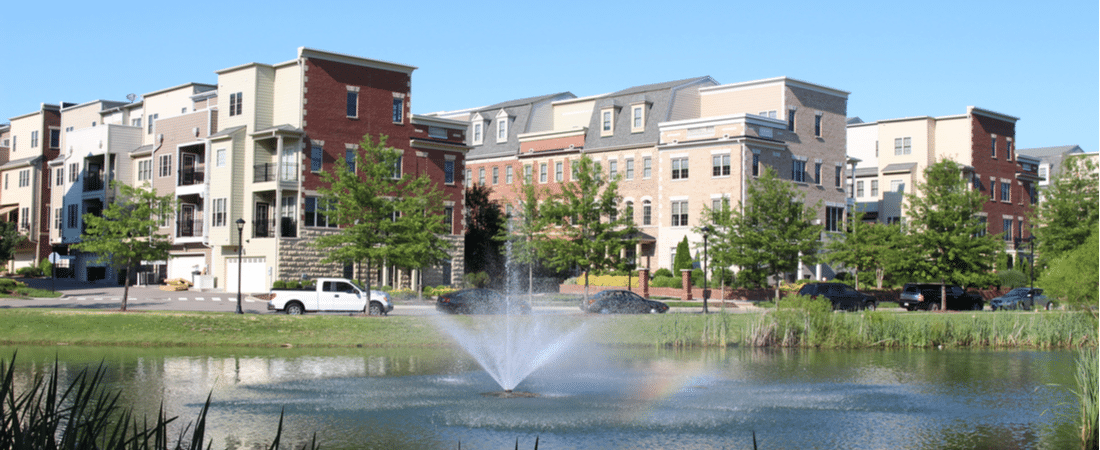Changing the percentage of ownership in a condo association. This reader says the value and square footage of certain units isn’t accurate in the governing documents.
Q: I have enjoyed your many articles in our local paper for some time. I am on the board of a condo association and it was brought to our attention by a past owner who was selling his unit that a potential buyer noticed that the par value noted in the governing documents of our association did not match that in the multiple listing services in our local tax assessor’s tax base.
Upon review, we found that the three penthouse units in our complex were incorrectly drawn in the plats. One of the units is way off on its square footage. This was the first time it was brought up since our condominium building was put up.
We engaged an attorney to review our docs and tell us what would be needed to correct the mistake. We need 90 percent approval to change the par values. The three impacted units have subsidized the other 11 units over the past 15 years, and the owners of these three units no longer wish to continue this. We are also concerned that this error will limit potential buyers for our units due to the increased fee level.
We are now waiting on a proposal from the surveyor who has our original drawings. If the owners vote to not support the changes and additional money needed to correct the errors, can one or all of these three owners sue the association and any board member who may also vote no? We have spent about $10,000 to date on this issue and expect the total amount we will spend to be less than $15,000. We believe it is a gross error that must be corrected now that it has been brought to our attention.
Changing the Percentage of Ownership in a CondoAssociation
A: Thanks for your question. You have an interesting situation on your hands. We need to clarify one thing for you and our readers from your question: When you own a condominium in a building, you own the interior of your own unit and you also own a certain percentage of the condominium’s common areas along with all of the other owners.
This type of ownership is different from owning a single-family home, where you know the dimensions of the lot you own along with the home that sits on that land. In a condominium development, you don’t own the land and you don’t own the building. Instead, you own your share of the land and the building in common with all of the other owners.
Let’s say you have a 10-unit condominium building with all units being identical. You’d assume that each owner would own 10 percent of the building and land for the association and that each unit would pay 10 percent of the assessments needed to run the association.
How the Percentage of Ownership Is Determined
Unfortunately, the method of computing the percentage ownership in an association can be quite complicated. In some places around the country, the percentage given to a unit will determine the real estate taxes paid on that unit as well as the percentage of assessments that will be charged to that unit. When this situation comes up, developers may base the percentage ownership on the initial sales prices given to the units.
Let’s say in our example that we had 10 identical units but one unit was on the ground floor and one unit was on the 10th floor. The 10th-floor unit might be more desirable and worth more than the ground floor unit even though they have the same square footage. Well, if real estate taxes are based on the value of the unit, the 10th-floor unit will likely be assigned a much higher percentage ownership than the first-floor unit.
Having said that, if there is a law or rule that requires developers in your area to compute the percentage ownership in a certain way and it was done improperly, you may have a case on those grounds. So, you should ask the attorney you hired to figure out what the law is in your state regarding this issue and get an opinion as to whether it was done properly.
Finally, if every owner agrees on a change in the documentation, you may then have an agreement that you can put in writing, but we suspect that those units benefiting from the lower assessments won’t be eager to pay more. Good luck.
More on Topics Related to Condo Associations and Governing Documents
Who Is Responsible for Condo Repairs?
What Are the Responsibilities of a Condo Association?
Is a Condo or Townhouse a Better Investment?
What Can You Do About a Nightmare Condo Owner?







Leave A Comment